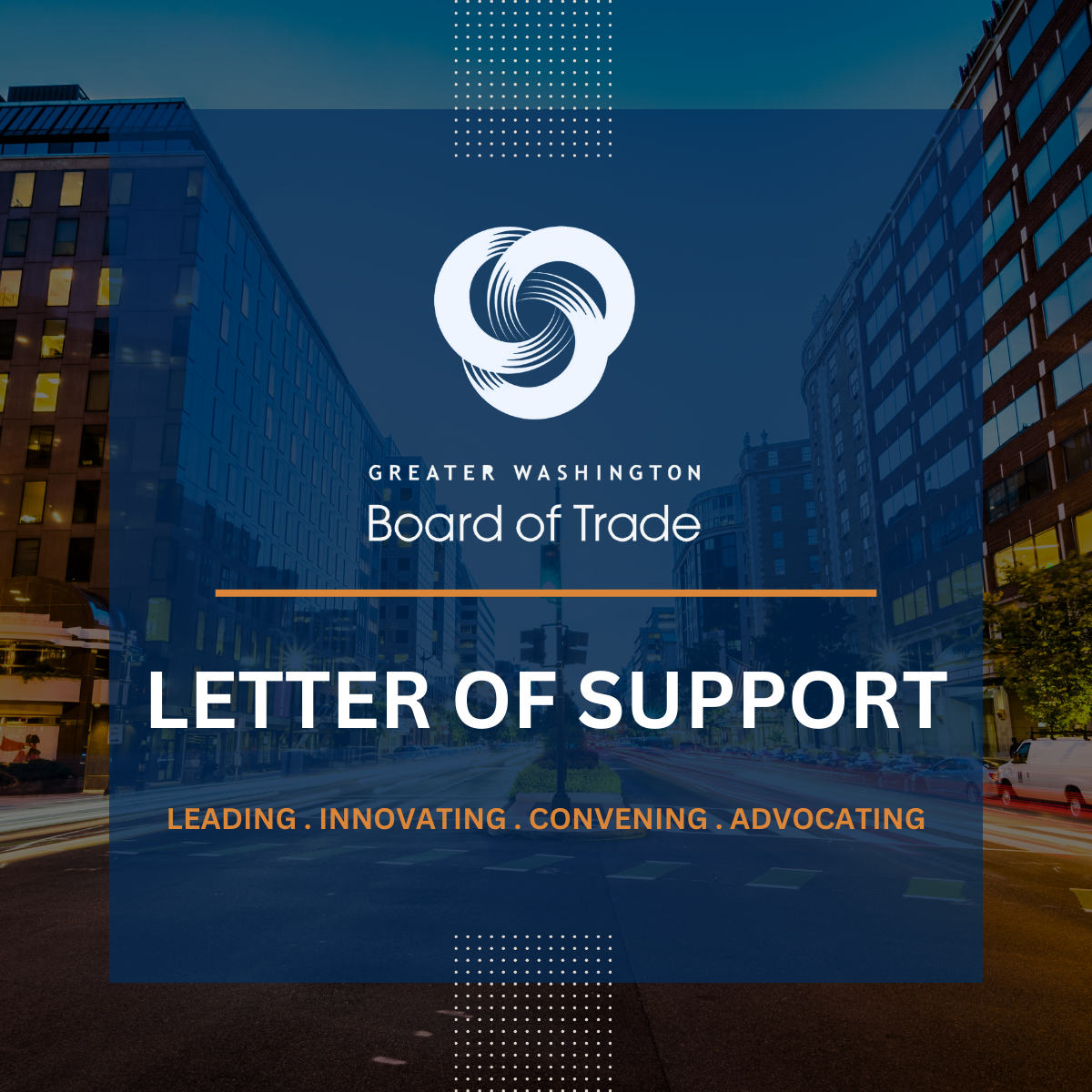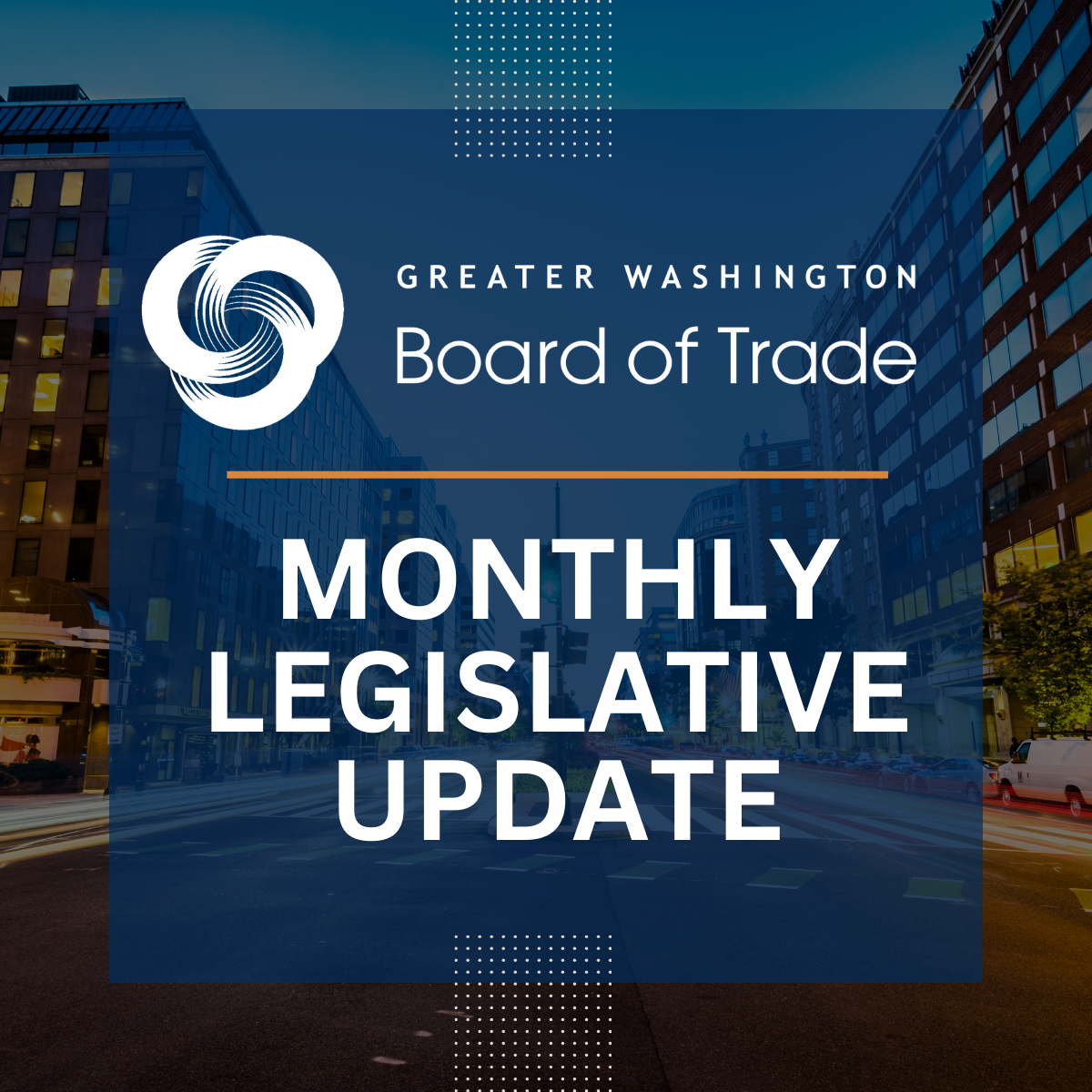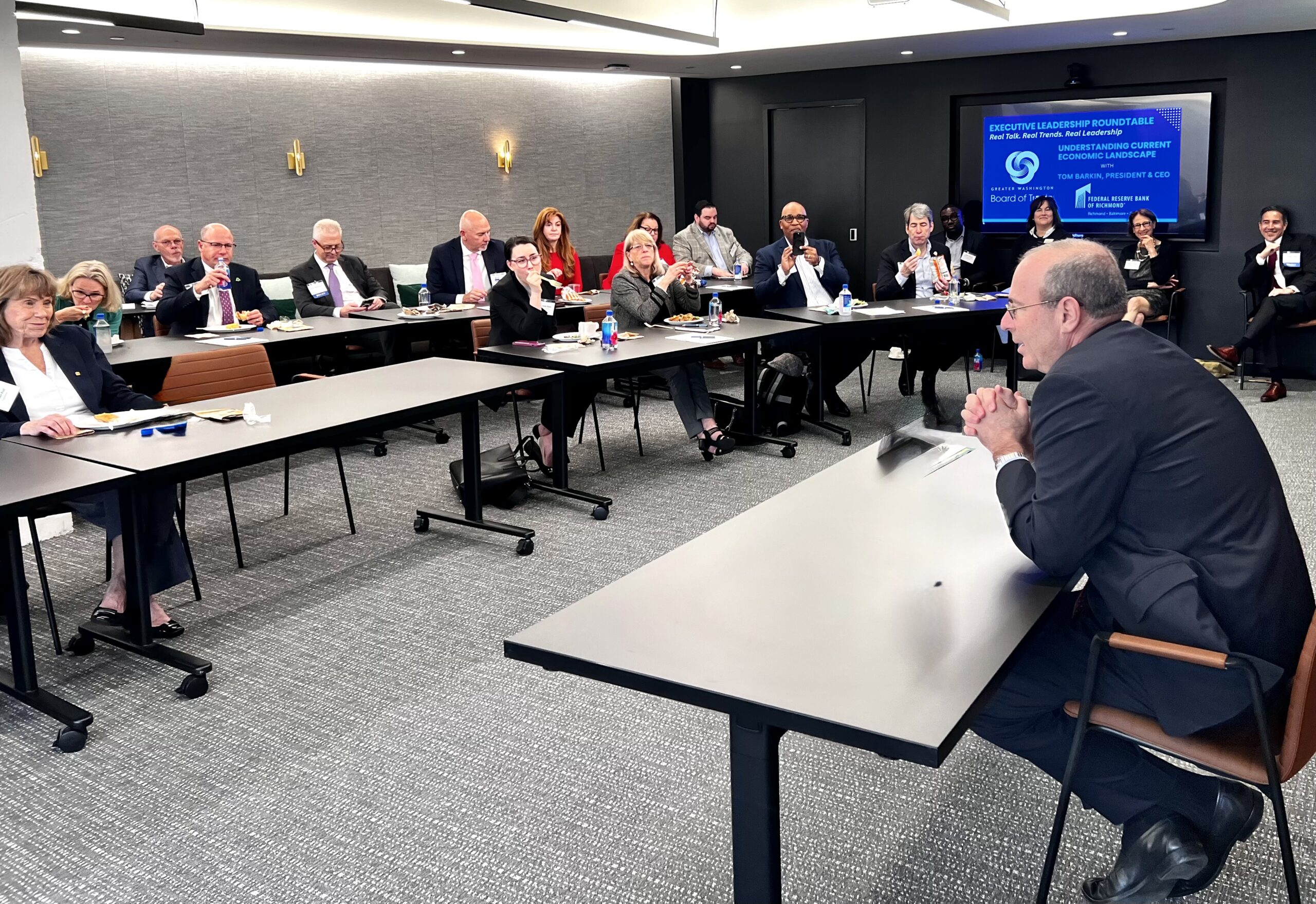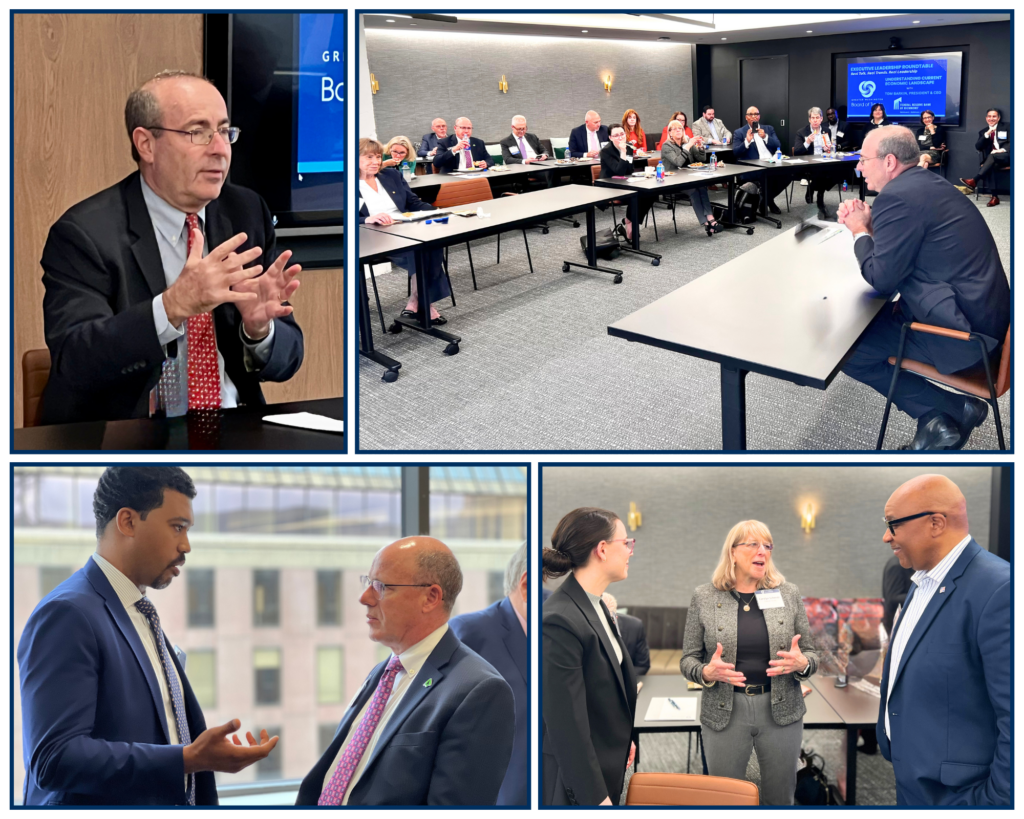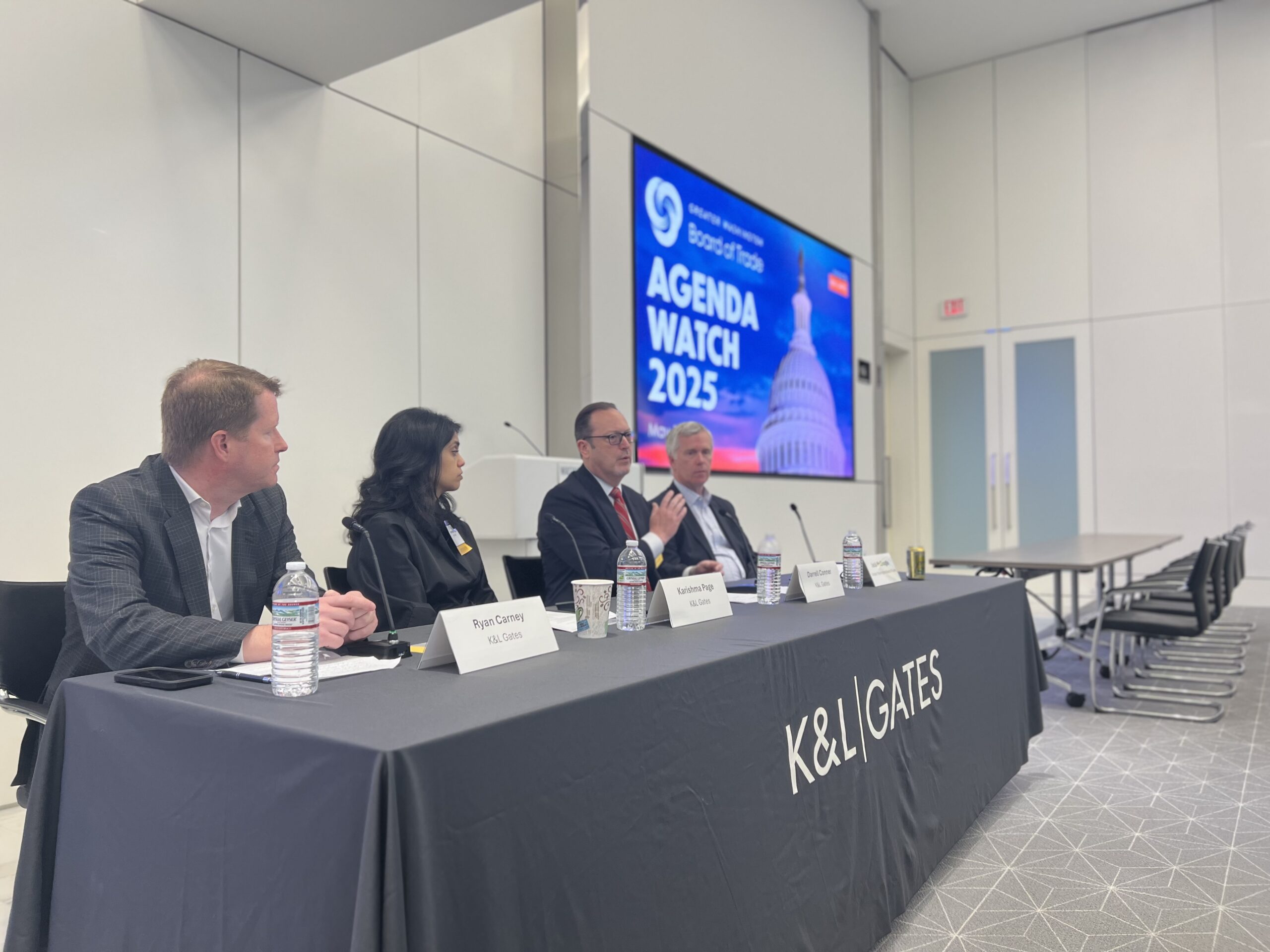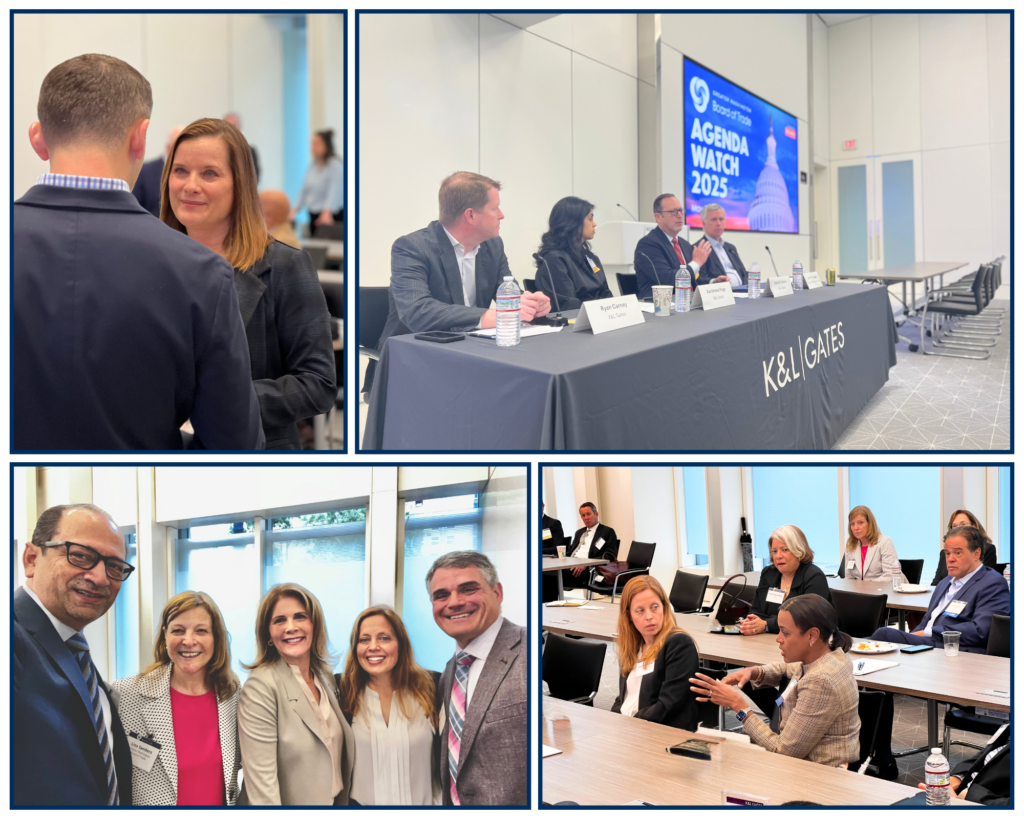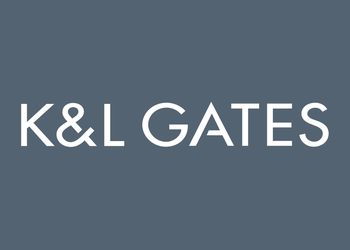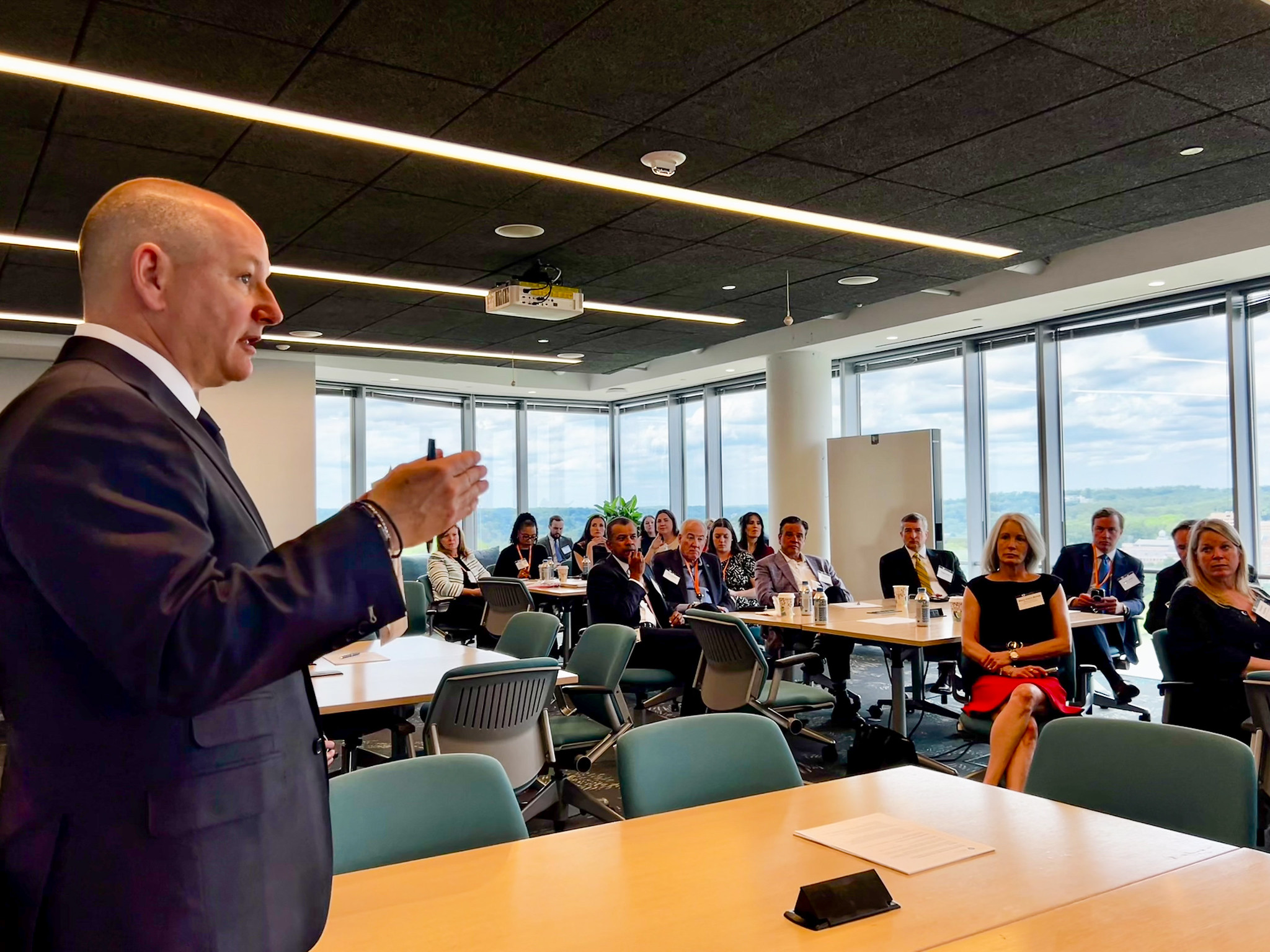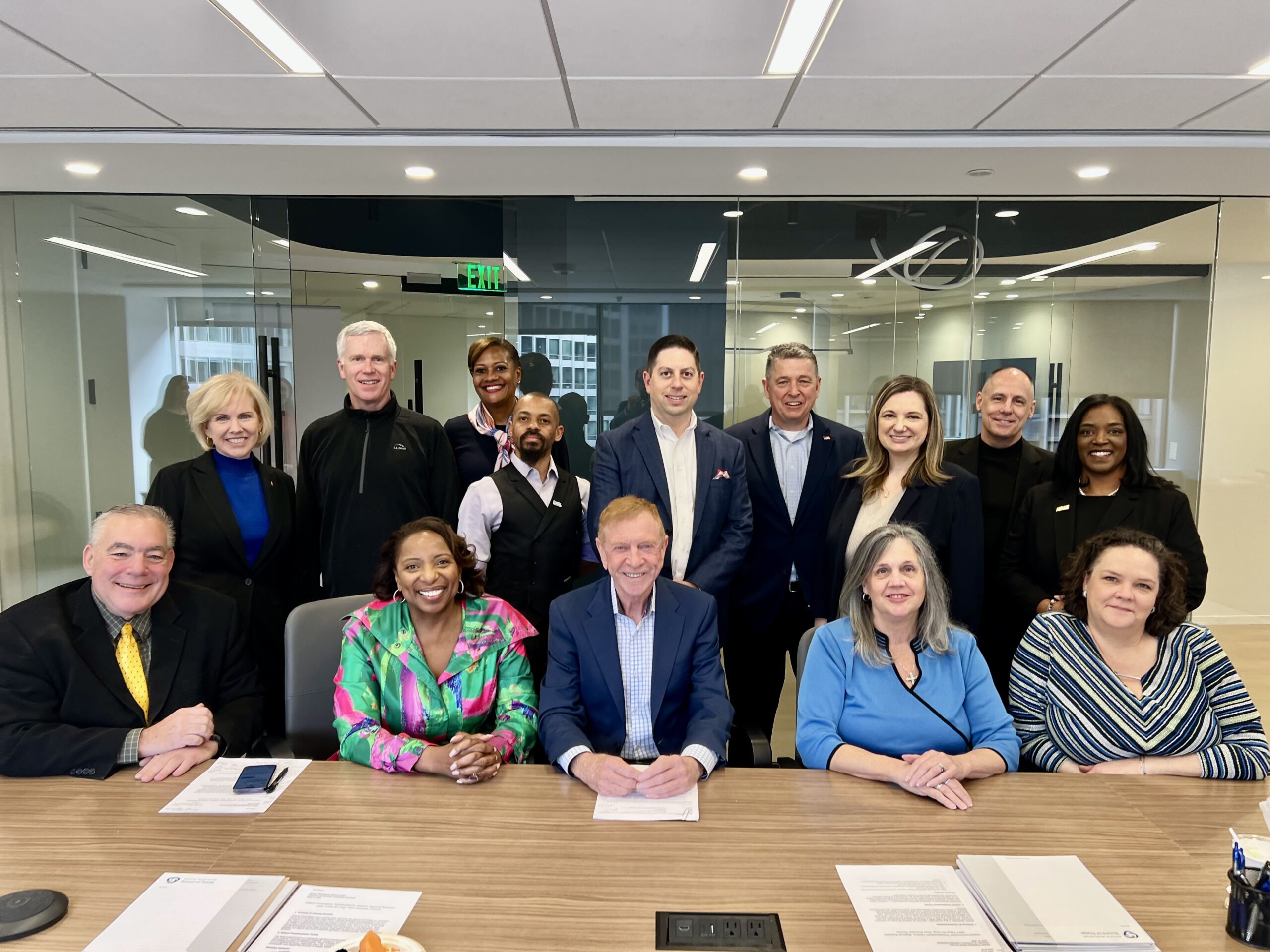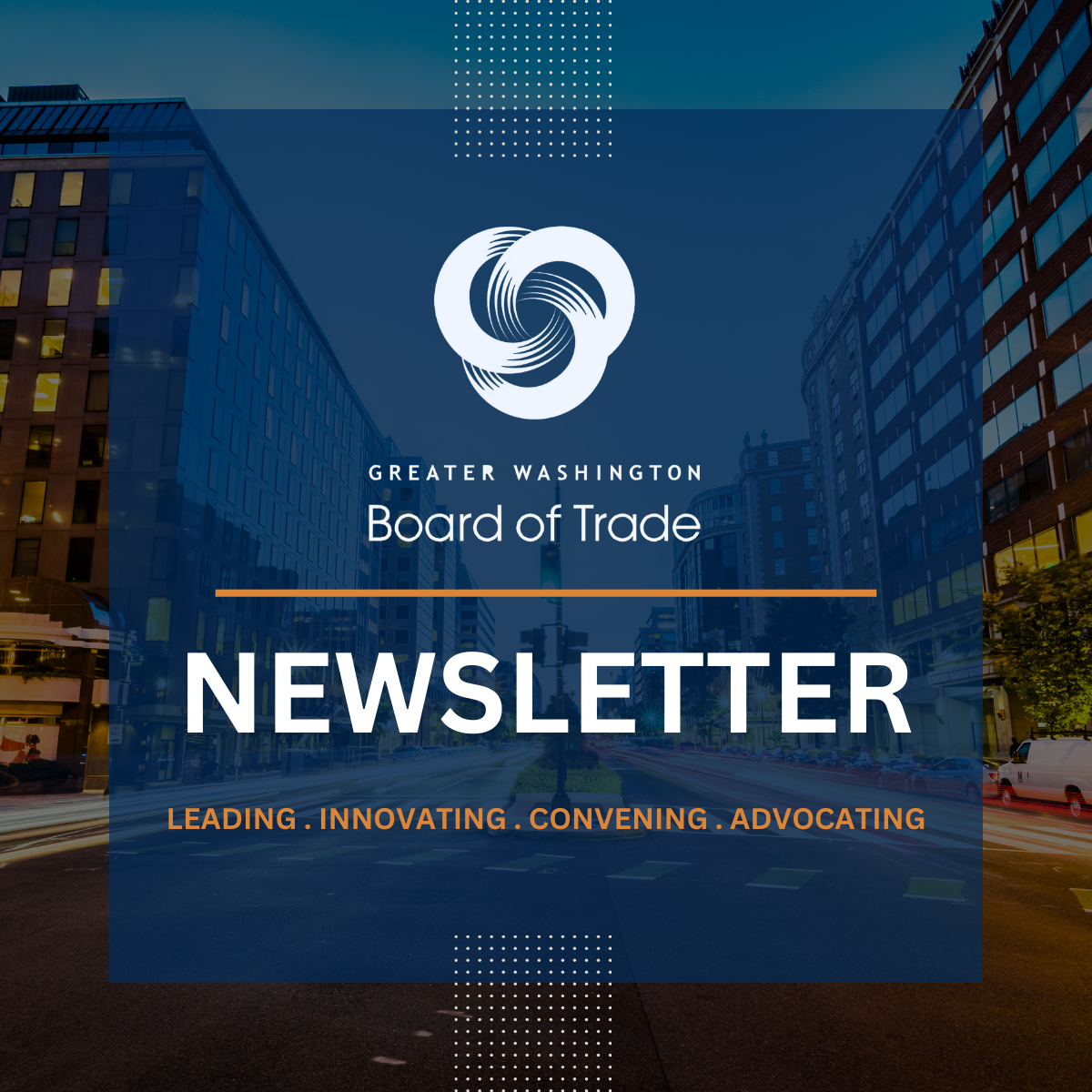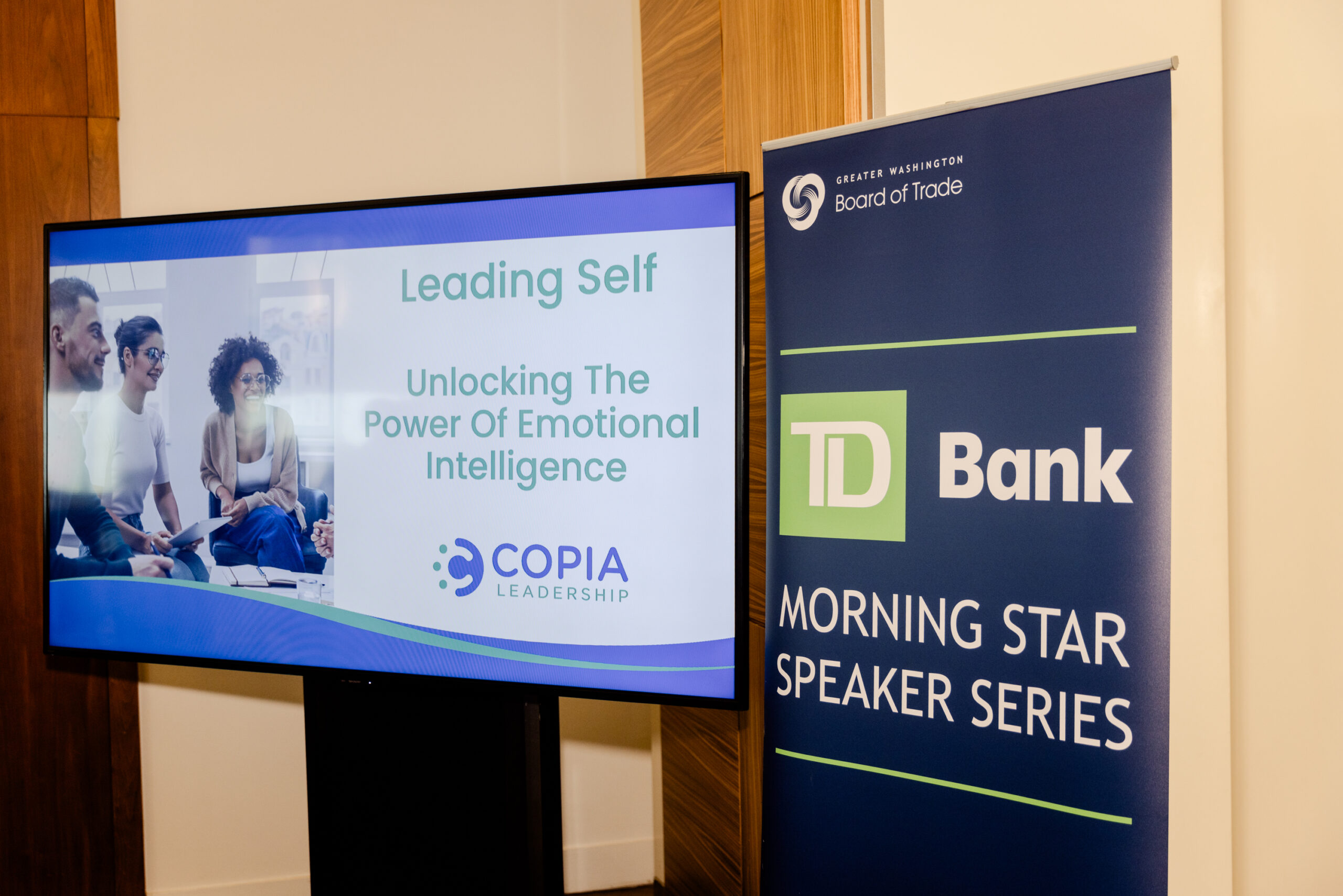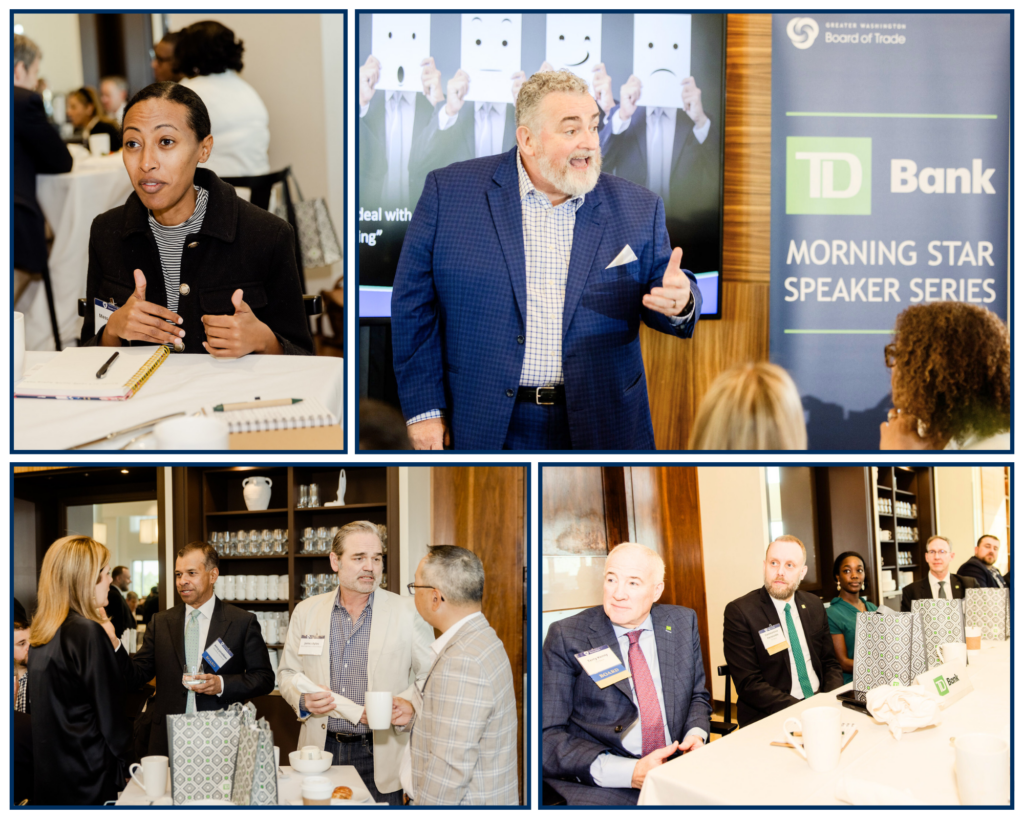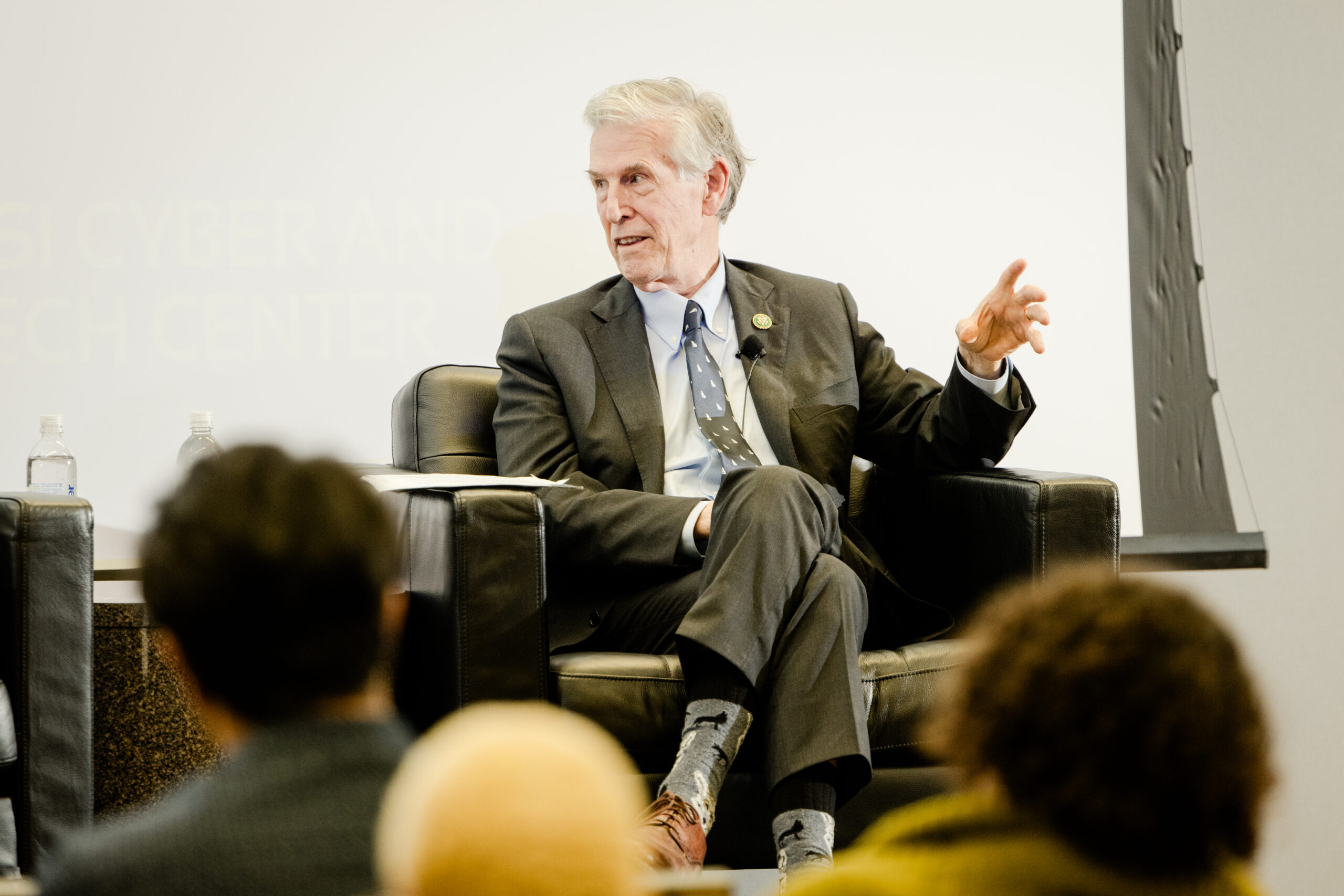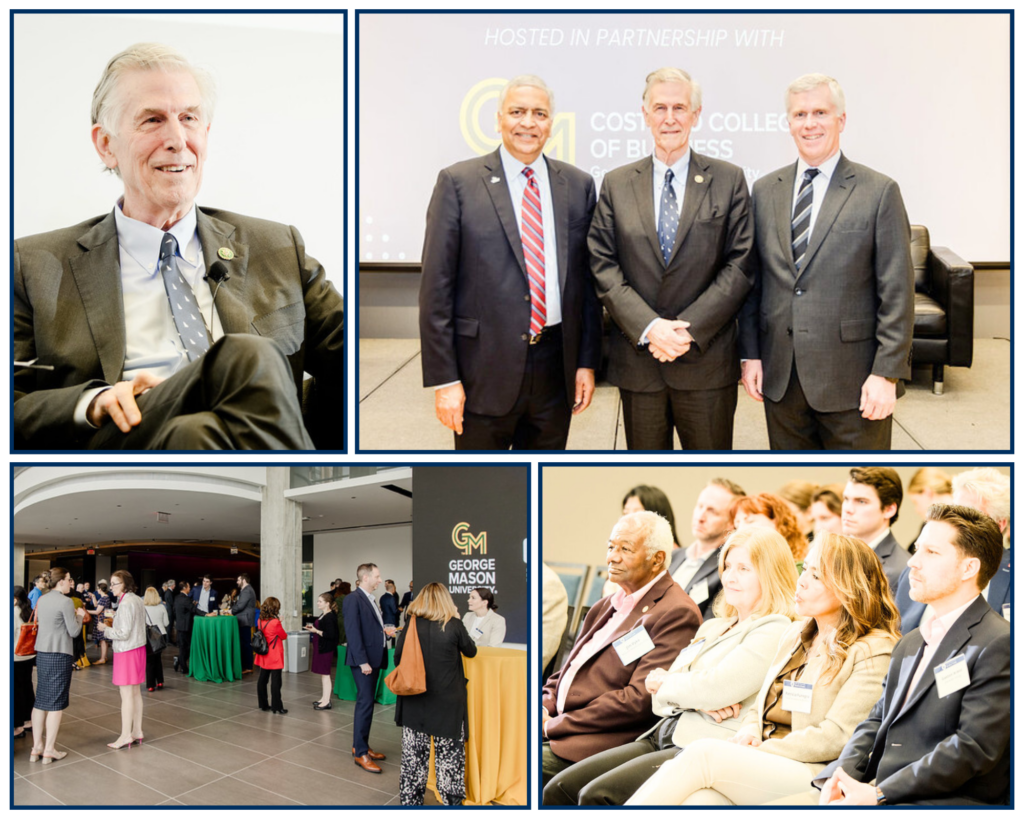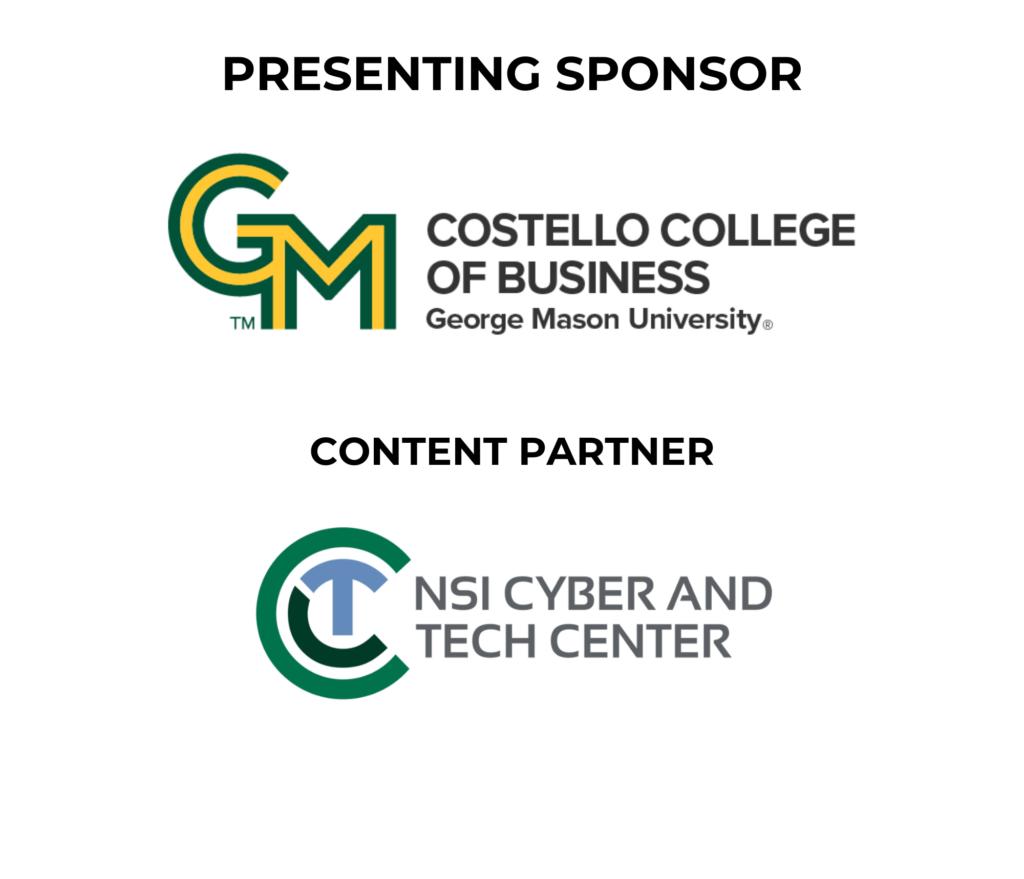Update: Following our letter to the WMATA and WMSC Boards, we’re pleased to see ATO formally approved for the Green and Yellow lines, a major step forward for safer, more efficient transit.
About This Letter of Officials: In this letter to the WMATA and WMSC Boards, the Greater Washington Board of Trade urges the establishment of a formal process for resolving disputes over proven transit safety technologies, citing the years-long delay in approving Automatic Train Operation. The letter highlights the risks this poses to Metro performance, regional mobility, and the economic competitiveness of Greater Washington.
Dear Chair Hart and Chair Santos,
The recent decision by the Washington Metrorail Safety Commission (WMSC) to
approve Automatic Train Operation (ATO) on the Green and Yellow Metrorail lines is a
welcome and long-overdue step forward for our region. It’s a meaningful move toward
enhancing safety while restoring the speed, reliability, and consistency riders expect—
along with greater capacity and long-term cost savings for the system.
As Metro regains ridership and reconnects communities, modern tools like ATO are
essential. Riders depend on Metro to get to work, access essential services, and
participate fully in our economy. Expanding ATO will save time, improve the rider
experience, reduce operator fatigue, and enhance safety—benefits already
demonstrated on the Red Line. It also sends a strong signal to companies already
here—and those looking to invest—that Greater Washington is committed to modern,
efficient infrastructure that supports business growth and workforce mobility.
The long delay in approving ATO highlighted a deeper challenge: WMATA and WMSC
lack a clear process for resolving differences over proven safety technologies and other
issues. There’s no appeals pathway, no neutral third party, and no structured way to
quickly move forward when views diverge. That creates gridlock—and undermines
progress.
From a business standpoint, this kind of misalignment poses real risk. Metro is not just a
transit system—it’s essential for a competitive regional economy. It drives commerce,
lifts property values, and connects people to jobs, education, and opportunity. As the
federal government continues to evolve and decentralize, we need Metro to operate at
its full potential to attract talent, support innovation, and realize our economic promise.
In a world defined by speed, data, and disruption, delays in adopting safe, widely used
technologies don’t just slow trains—they slow the entire region.
It’s time for a fix. I call on the WMATA and WMSC Boards to establish a formal process
for resolving disputes—one that includes third-party mediation when needed, public
reporting of decisions, and a commitment to timely, evidence-based outcomes. The
DMV Moves initiative has already shown what’s possible when our regional bodies work
together with purpose.
If no progress is made by year’s end, the Greater Washington Board of Trade will
encourage leaders in the District, Maryland, and Virginia to amend the WMSC Compact
to require such a process. Many elected officials have already expressed concern about
the lack of coordination and transparency that marked the ATO decision.
We should not have to rely on legislative action. A shared commitment to better
governance—balancing strong oversight with a clear path to modernization—will move
the region forward and strengthen trust across the board.
Sincerely,
Jack McDougle
President & CEO
Greater Washington Board of Trade
